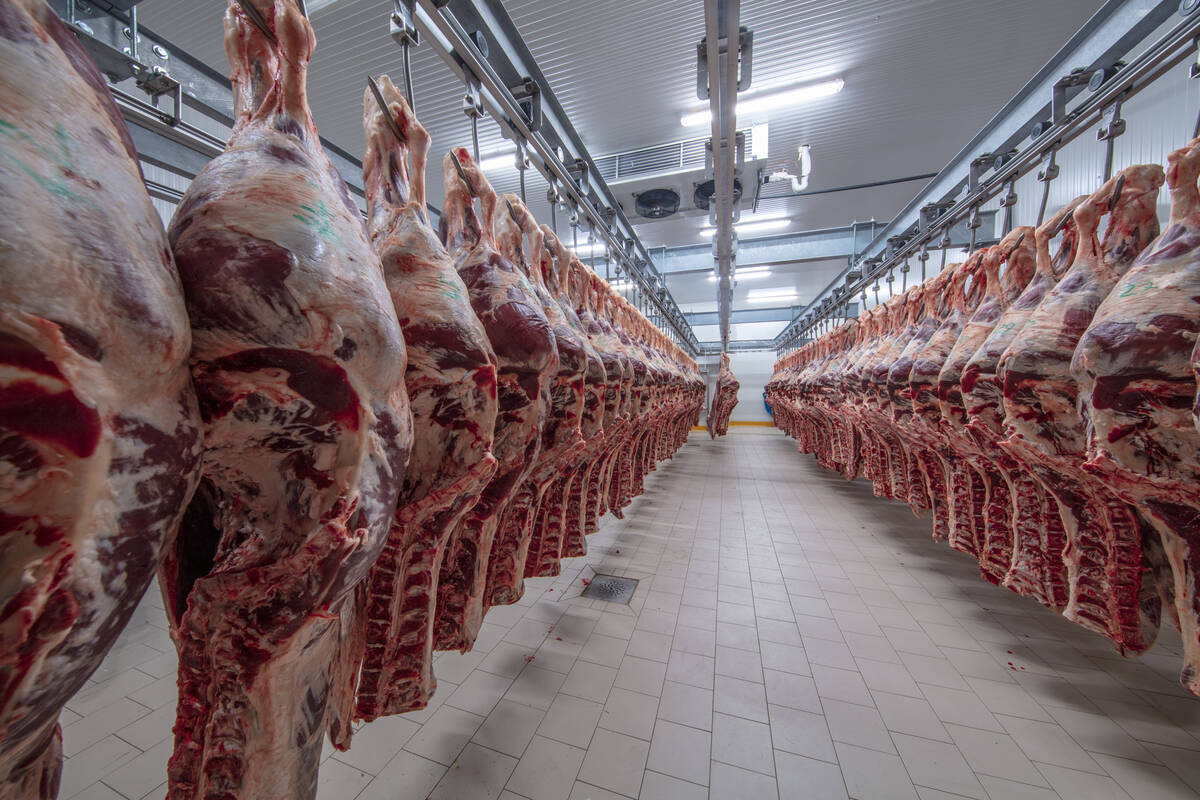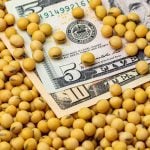Chicago | Reuters — Chicago Board of Trade soybean futures fell on Friday, setting back from a three-day rally on a round of profit-taking after prices hit their highest in more than a month, traders said.
Corn futures also fell, pressured by forecasts for drier weather and rising temperatures that will foster corn development.
CBOT soft red winter wheat futures were mixed, with the front-month contract perking higher in late trading due to technical buying and spillover strength from K.C. hard red winter wheat, which rose on a short-covering bounce. Deferred soft red winter wheat contracts fell.
Read Also

U.S. livestock: Feeder contracts surge, hogs rise
Chicago feeder cattle contracts surged on Thursday. Live cattle and lean hogs also made healthy gains. Most-active April live cattle…
For the week, soybeans rose 3.3 per cent, their biggest weekly rally since January.
“The beans have had such a strong run in here the last week or so that a little bit of sell-off before the weekend is not that uncommon (after a move like that),” said Mark Gold, managing partner with Top Third Ag Marketing.
CBOT July soybean futures settled down 6-1/4 cents at $9.71-1/2 a bushel (all figures US$).
Prices climbed to session highs after private analytics firm Informa Economics cut their estimate of 2015 U.S. soybean seedings to 86.76 million acres from 87.185 million acres.
But prices weakened after failing to break through Thursday’s high.
CBOT July corn futures were 4-3/4 cents lower at $3.53-1/4 a bushel and CBOT July soft red winter wheat gained 1/2 cent to close at $4.88-1/2 a bushel.
For the week, corn was close to unchanged, rising just 1/4 cent. Wheat posted a weekly loss of three per cent.
Analysts said recent heavy rains across key growing regions are likely to abate, but concerns that fields will dry out too slowly to allow farmers to finish their soybean planting tasks limited declines.
“Tropical Depression Bill is working its way through and is expected to ease and that is bearish but there are concerns about planting delays,” said Andrew Woodhouse, grains analyst at Advance Trading Australasia.
Rain could also limit planting in areas where farmers put so-called double-crop soybeans in the ground just after harvesting wheat.
“Wet weather has delayed the winter wheat harvest which potentially delays or prevents the planting of some double-crop soybean acreage,” Societe Generale analyst Christopher Narayanan said in a note.
— Mark Weinraub is a Reuters correspondent covering grain markets from Chicago. Additional reporting for Reuters by Gus Trompiz in Paris and Colin Packham in Sydney.














